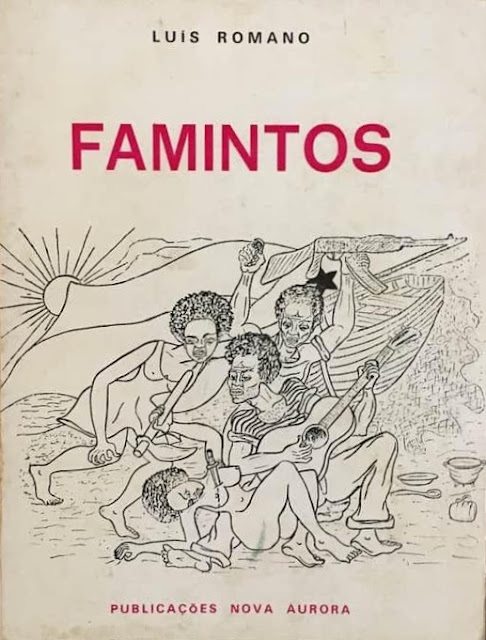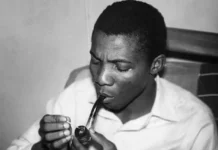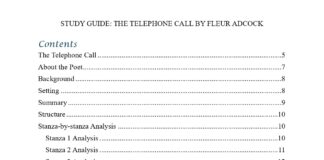Ace Literature-in-English this exam season with our SSCE Study Guide Bundle. 14 exam-ready guides worth over ₦25,000 now available for ₦10,000. Limited offer, 4th–15th February.
Further Details Here
Luis Madeiro de Melo Romano was born in 1935 in Cape Verde. He was one of the most significant literary figures in Cape Verdean history.
A novelist, poet, and literary critic, Romano used his writings to amplify the struggles of his people under Portuguese colonial rule and to preserve the rich Creole cultural identity of his homeland.
Though originally trained as an engineer, Romano’s political consciousness and creative spirit redirected him towards a life of literature and activism.
Literary Contribution
Romano’s journey into literature was shaped by his early involvement in nationalist movements during his university years.
His political activism led to his forced exile to Brazil.
While in exile, Romano did not retreat from his commitment to his people. Instead, he became even more vocal and turned to literature as a form of protest and cultural preservation.
Faminto: A Powerful Debut Novel
Luis Romano’s first novel, Faminto: Romano de um povo (The Famished: A Tale of a People), was published in 1962. It is widely recognised as a landmark in Cape Verdean literature.
The novel portrays the harrowing realities faced by Cape Verdean workers and peasants during the era of Portuguese colonialism.

Faminto paints a vivid picture of starvation, poverty, and resistance.
The novel also aligns with the themes of anti-colonial literature that emerged across Africa and the Portuguese-speaking world in the mid-20th century.
Romano’s depiction of oppression and resilience places him among other postcolonial writers who sought to challenge European domination through the written word.
Luis Romano also had to his credit works like Clima (1963; “Climate”), a poetry collection about Portuguese exploitation; Renascença de uma civilização no Atlântico médio (1967; “Renaissance of a Civilization in the Middle of the Atlantic”) which is a collection of folklorist poems and short stories; and Negrume/Lzimparin (1973; “Dusk”).
A Champion of Cape Verdean Creole Identity
Romano was not only concerned with political liberation but also with cultural decolonisation.
His poems, short stories, and collections of folklore serve as a concerted effort to preserve and celebrate Cape Verde’s unique Creole heritage.
At a time when Portuguese language and culture were privileged by colonial powers, Romano boldly wrote in Cape Verdean Creole, elevating the everyday language of his people into a powerful medium of artistic and national expression.

Literary Themes
Romano’s works are deeply rooted in themes such as:
- Colonial oppression
- Cultural identity
- Resistance and exile
- Creole folklore and oral traditions
- Nationalist sentiment
In addition to his creative output, Romano contributed to literary criticism, which further established him as a voice of intellectual resistance within Cape Verdean and Lusophone African literature.
Legacy
Romano’s literary contributions are often studied alongside other Lusophone African writers like Amílcar Cabral, Agostinho Neto, and Noémia de Sousa, who were part of the broader intellectual and political movements for independence in Portuguese-speaking Africa.
Luis Romano passed away in 2010.
Receive Literary Updates through our Social Media Channels:
- WhatsApp: Literature PADI
- Telegram: Literature PADI
- YouTube: @literaturepadi
- Facebook: Literature PADI










